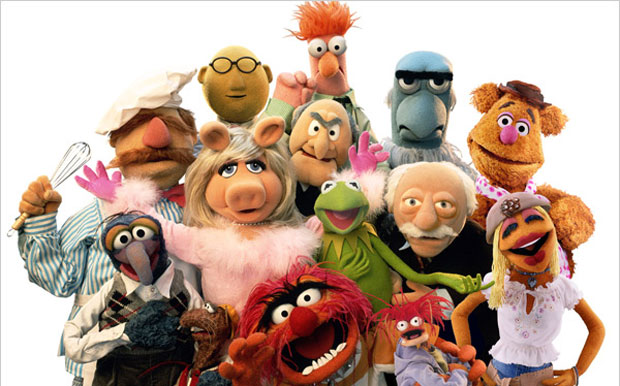
Greg Smith’s resignation op-ed in the New York Times must surely take the prize as the most talked about resignation op-ed of all time. Smith’s fans argued that his article was just one more proof that a once great company, Goldman Sachs, is on the skids. His critics (led by the giant squid itself) argued that there was no truth in the accusations — and that Smith was motivated by rather baser motives (such as spite at only being paid US$3m/year) than the desire to expose evil.
But everybody agreed on two things. That a company that employs 12 000 vice-presidents is suffering from an advanced case of job-title inflation. And that treating customers like “muppets” — if that is indeed what Goldman Sachs does — is a terrible thing. Surely the first thing that successful businesses should do is love their customers?
Really? Treating customers like “muppets” might be going a bit far. But plenty of sensible companies treat their customers as something less than kings — indeed that is the definition of the budget end of the market. Ryanair may be the butt of a thousand jokes about its dismal service and penny-pinching ways, but it thrives nonetheless. Ikea turned itself into a furniture giant by providing customers with “flat packs” and getting them to do the maddening work of putting the furniture together. Mobile phone companies depend on trapping their customers in “service plans” for as long as they possibly can. The most loyal customers routinely get worse deals than disloyal customers who routinely switch in search of the best deals.
Professional organisations are bound by professional ethics to put limits on what they will do for their customers: lawyers have to apply the law, for example, and universities have to apply objective standards, rather than just pleasing their customers. Arthur Andersen, once a big accounting firm, went bust because it broke professional rules in order to help one of its best customers, Enron. Monitor Group, a consultancy, provoked mockery because it adopted an excessively customer-centric approach to the late Col Qaddafi, including helping his son, Saif al-Islam, prepare a thesis for the London School of Economics and proposing a book that would present the colonel as “a man of action and a man of ideas”.
It often makes perfect sense to refuse to give your customers what they want, or at least what they say they want. “You can’t just ask customers what they want and then try to give that to them,” Steve Jobs told Inc. magazine in 1989. “By the time you get it built, they’ll want something new.” The job of a great company, he added, is to make a product that its customers would never have thought of, but which immediately makes them salivate. In other words, firms should lead customers rather than just following them.
Many brands depend not just on leading customers but on turning them away at the door. The best nightclubs measure their success in terms of the number of people they turn away rather than the number they serve. Ditto the best universities or private schools. Celebrity chefs give the impression that you are lucky to be able to eat their food, and that the privilege will be removed if you fail to behave properly or grovel sufficiently. The famous Seinfeld episode about “the soup Nazi” was based on a real New York soup vendor, Al Yeganeh, whose soup was so delicious that his customers would put up with all manner of abuse (“Have your money ready before you order”).
Companies sometimes have to fire their customers rather than “delight” them. Told by a discontented reader that he was thinking of cancelling his subscription, Kelvin MacKenzie, a former editor of The Sun, Britain’s best-selling tabloid, responded by banning him from reading the paper ever again. Clay Christensen, of Harvard Business School, has outlined a more sophisticated version of the Mackenzie strategy in The Innovator’s Dilemma. Christensen points out that companies can become prisoners of their existing customers. IBM, for instance, ignored the PC market for a long time because it was a prisoner of its huge existing mainframe business. The only way to break out of a declining business is to fire your existing customers — ever so politely, of course, and never making any reference to “muppets” — and embrace the future. — (c) 2012 The Economist![]()




